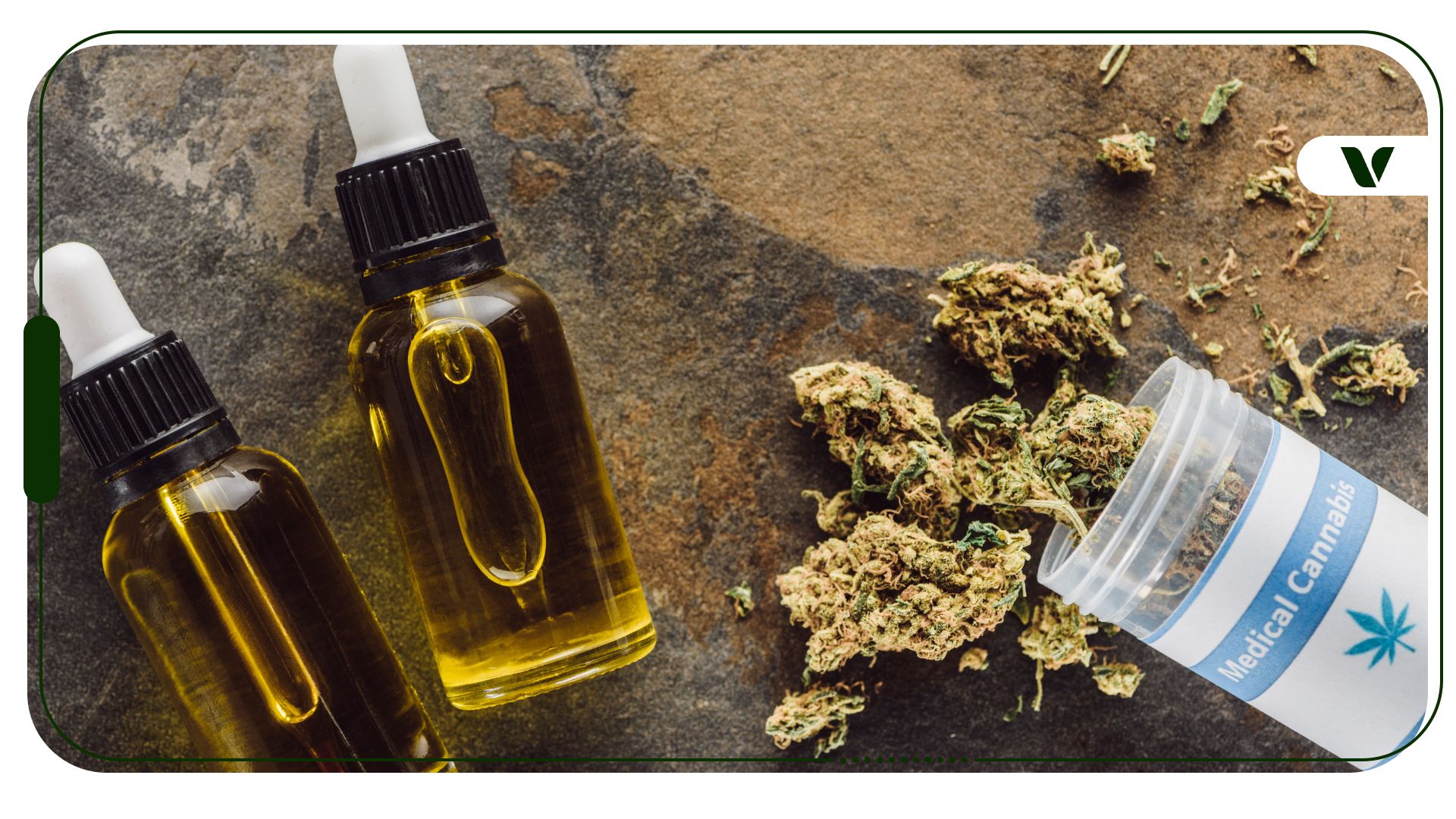When it comes to cannabis in Japan, the country is known for maintaining strict prohibition and regulation of cannabis-derived products. In December of 2023, the country recently made a new move towards reform that could stimulate the cannabidiol (CBD) industry and provide many patients, such as those with epilepsy, with access to potentially life-changing medical treatments. Yet, at the same time, the new amendment to Japan’s cannabis control legislation will also impose harsher bans and punishments for the consumption of recreational tetrahydrocannabinol (THC)-containing cannabis products. So, with all of these changes, the question remains: Is weed legal in Japan?
Cannabis in Japan: New Bill Explained
The new bill was passed by a majority vote in Japan’s Lower and Upper houses and includes revisions that will legalize certain medical products derived from cannabis. The changes outlined by the bill are poised to go into effect by the end of next year.
The revised legislation would permit clinical use and production of cannabis for medical CBD products, like Epidiolex, that have been approved in the U.S. and Europe to treat severe epilepsy, as well as other medical conditions. In the past, drugs containing substances from certain parts of the cannabis plant were permitted only for clinical trials in Japan, but Japanese patient advocacy groups have been pushing for access to cannabis-derived CBD medicines that are evidenced to provide valuable treatment for various disorders.
Not only will growers now be able to obtain licenses for growing cannabis plants for the production of CBD, but the new ruling also allows for the cultivation of cannabis to be used for industrial purposes, such as hemp products.
Why You Should Get Your Medical Marijuana Card
Veriheal has satisfied millions of patients nationwide by giving them access to these benefits
- Larger purchase limits
- Peace of mind
- Enhanced legal protection
- Access to higher potency strains
- Save up to 25% on cannabis purchases
- Skip the line at the dispensary
Before the amendment, it was legal to import and sell CBD products in Japan under the condition that there be no detectable levels of THC, and that the extraction process involve only the plants’ stalks and seeds. With the revised limit for THC levels in imported cannabis products, products meeting the new standards for THC content can be derived from the flower, leaves, or resin of the cannabis plant.
The changes that allow for the cultivation and production of CBD in Japan will further support the country’s existing CBD market. Around 120 to 150 Japanese companies currently import and distribute a range of CBD products in the country through online stores, department stores, specialty retailers, and wellness boutiques. Now, Japanese companies can grow their own cannabis plants for the production of CBD-based edibles, topicals, and vape products throughout the country.
Is Weed Legal in Japan?
Yet, despite the step forward achieved with the Japanese government’s recognition of the healing potential of CBD, there is still a step backward for consumers who would benefit from the use of tetrahydrocannabinol, the psychoactive compound found in cannabis plants. In Japan, THC-based products are designated as narcotics to be regulated.
Prior to the revision of Japan’s cannabis laws, only trafficking, possession, and cultivation of high-THC products were banned. However, there were no explicit rules about using the drug recreationally or otherwise. Now, the country will also prohibit and penalize consumption of THC products as well, with violators facing a prison sentence of up to seven years. This was the government’s response to the rising recreational consumption of THC products among young people in their 20s.
The Japanese government remains firmly opposed to recreational THC use, positing that cannabis is a “gateway drug” that leads to the use and/or abuse of other illicit substances. With the government’s general zero-tolerance stance toward THC, police in Japan have been aggressive in their efforts to charge people suspected of possessing cannabis plant products that contain the compound. To at least mitigate the negative effects these penalties would impose upon recreational users, the new bill also contracts the government to create a support system for offenders, which includes aid for drug abuse prevention education, rehabilitation, and assistance for released offenders looking for jobs.
Author, Share & Comments








